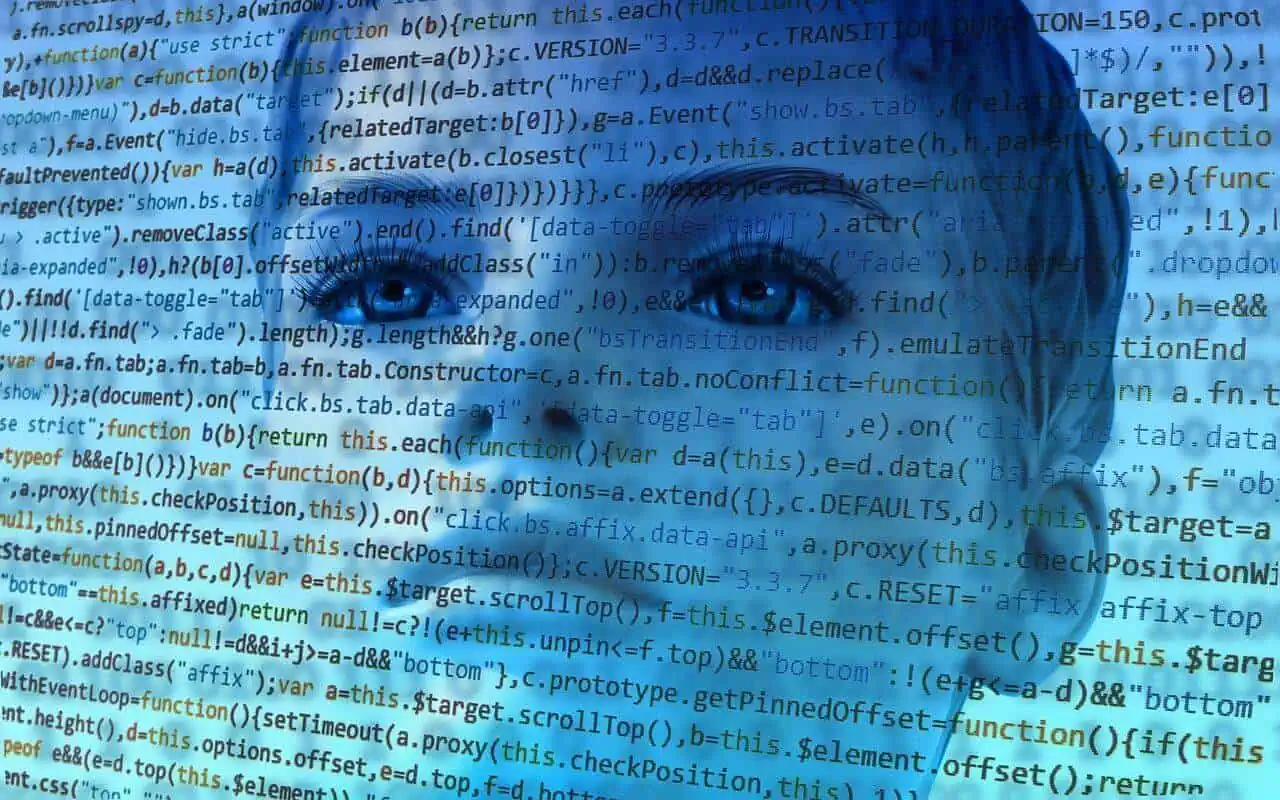
AI & Automation in Medical Coding: The Future of Healthcare
Dr Larry Earl, MD, and Thomas Camp, President & Head of Exdion Health The field of medical coding has undergone significant transformations over the years, with advancements in technology revolutionizing the way healthcare providers document and organize patient information. From manual, paper-based processes to highly specialized digital cloud-based systems, medical coding has come a long way. In this article, we will explore the evolution of medical coding, the role of artificial intelligence (AI) and autonomous solutions, and how they are shaping the future of the industry. In the early days of medical coding, healthcare professionals relied on manual, paper-based processes to document patient information. They had to navigate through massive code manuals, such as the ICD-9-CM diagnostic and procedural code manuals, to assign the appropriate codes to patient records. This manual approach was time-consuming, prone to errors, and often resulted in inefficiencies in the coding process. However, advancements in technology have paved the way for digital documentation and coding systems. Computer-assisted coding (CAC) emerged as a game-changer, enabling technology to electronically review notes within electronic health records (EHRs) and apply system logic and standard coding rules to propose and group codes based on diagnostic words and phrases. This automation significantly accelerated the coding process, reducing errors and improving efficiency.
The Rise of Artificial Intelligence in Medical Coding
The Promise of Autonomous Coding
The Benefits of Autonomous Coding
Overcoming Challenges and Dispelling Myths
While autonomous coding holds great promise, there are still challenges to overcome and myths to dispel. One common misconception is that autonomous coding will replace human coders entirely. In reality, autonomous coding technology is designed to complement human coders, not replace them. It serves as a powerful tool that assists coders in their work, improving efficiency and accuracy. Another challenge is ensuring the quality of documentation. Autonomous coding technology relies on accurate and comprehensive documentation to provide meaningful coding suggestions. Therefore, healthcare providers must continue to prioritize clear and detailed documentation to maximize the benefits of autonomous coding.
The Future of Medical Coding: Collaboration and Integration
Conclusion
Frequently Asked Questions
Q1: How does AI improve accuracy in medical coding?
Answer:
AI helps make coding more accurate by handling repetitive tasks, spotting errors before claims go out, and flagging gaps in documentation. This not only reduces denials but also frees up coders to focus on more complex cases.
Q2: Can medical coding be automated?
Answer:
Yes, many parts of medical coding can now be automated. Technology can review charts, assign the right codes, and prepare claims in a fraction of the time it takes manually. However, skilled coders are still needed for cases that require judgment and deeper context.
Q3: What is the future of medical coding?
Answer:
The future will likely be a mix of automation and human expertise. AI will take on more of the routine coding work, while human coders will handle complex scenarios, compliance checks, and quality reviews.
Q4: What types of medical codes can coding automation handle?
Answer:
Modern coding automation solutions can process major code sets like ICD-10, CPT, and HCPCS Level II. Advanced systems also manage code modifiers, payer-specific billing rules, and complex claim scenarios with high accuracy.
Q5: Is coding automation secure and HIPAA-compliant?
Answer:
Yes. Reliable coding automation platforms follow strict HIPAA regulations with robust encryption, user access controls, and detailed audit trails. Reputable vendors also provide full documentation to verify their security compliance.
